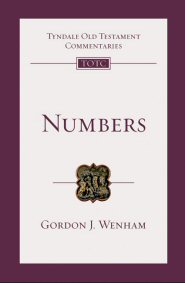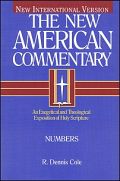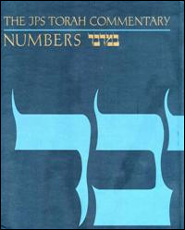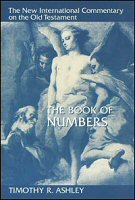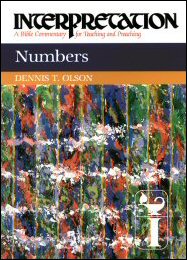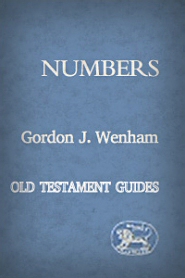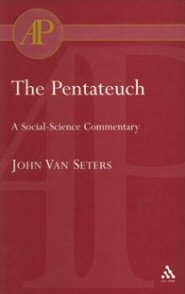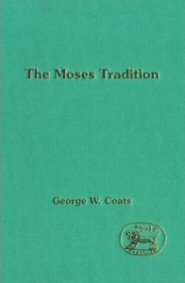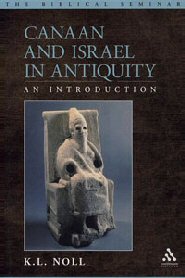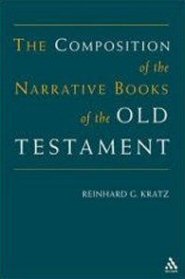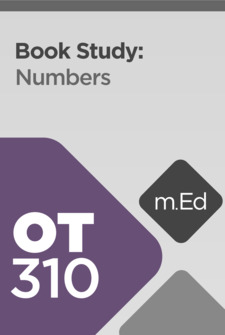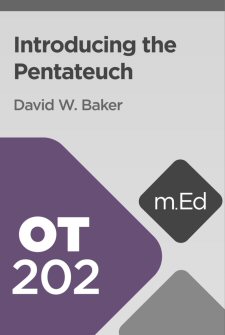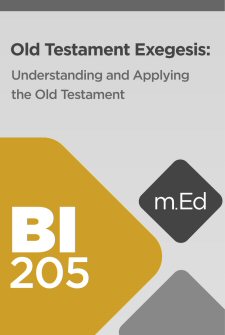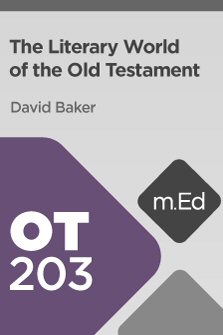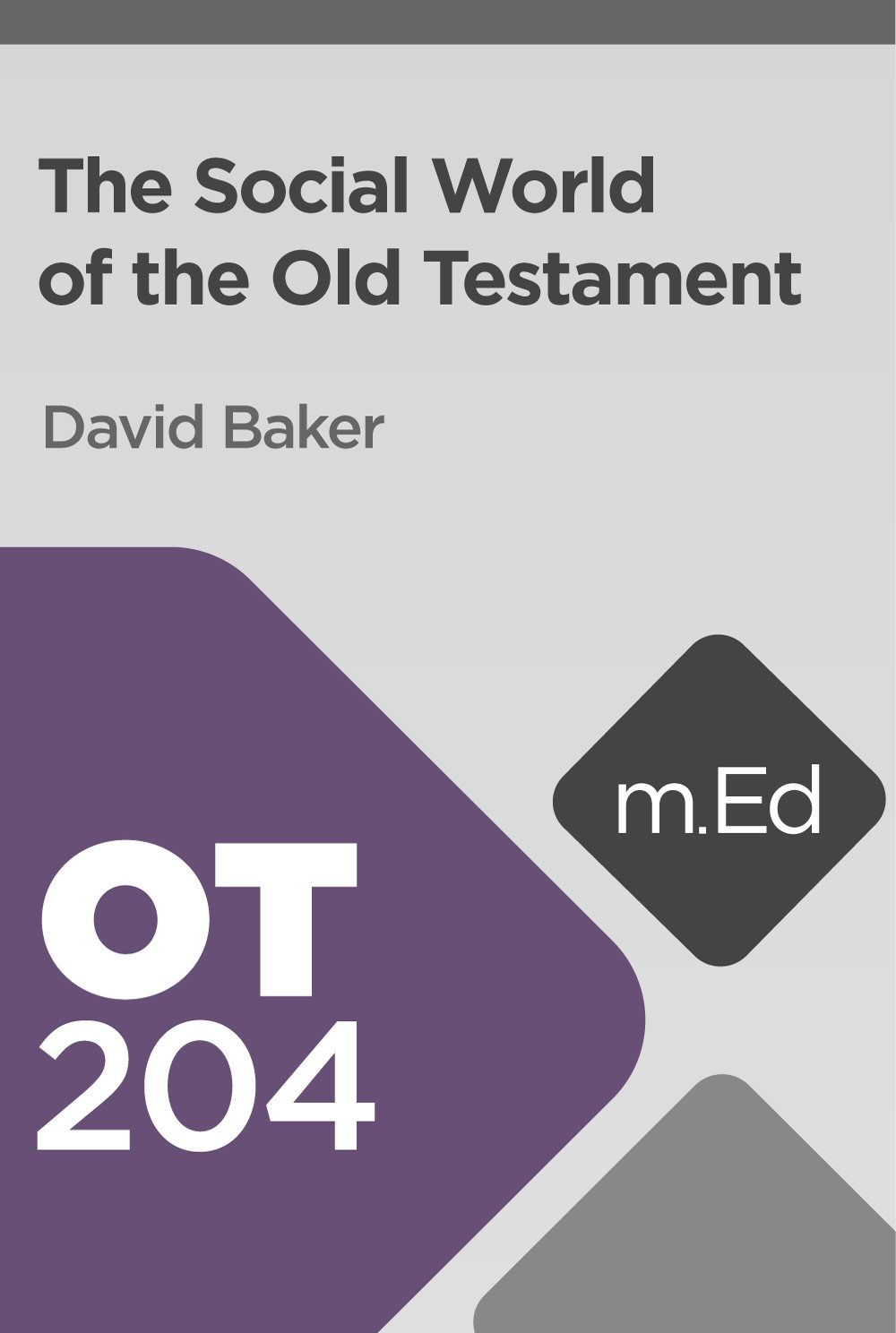Leviticus and Numbers
The Leviticus-Numbers Expository Preaching Kit (L) helps you plan an expositional sermon series with a trifecta of core resources in each of the Expository Preaching Kits: commentaries, Bible dictionaries, and sermon outlines. Each kit includes commentaries from Ancient Christian Commentary on Scripture (ACCS) and the Preacher’s Outline & Sermon Bible (POSB), as well as reference resources like Dictionary of the Old Testament: Pentateuch, The Oxford Handbook of Biblical Studies, and Carta's New Century Handbook and Atlas of the Bible . This kit includes everything in Leviticus-Numbers Expository Preaching Kit (M) plus additional resources like Leviticus and Numbers, 2nd ed. from the New International Commentary on the Old Testament (NICOT), Leviticus (Apollos Old Testament Commentary | AOT), Numbers (Tyndale Old Testament Commentary | TOTC), and more.
Small
Medium
Large
